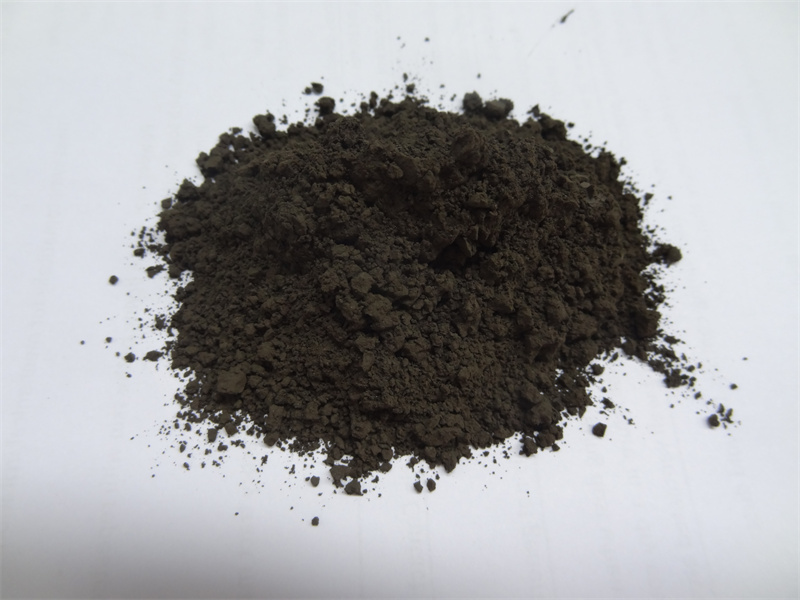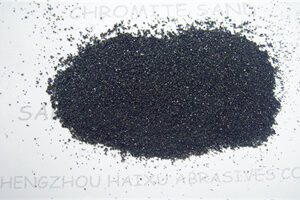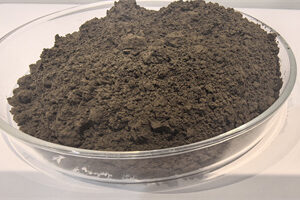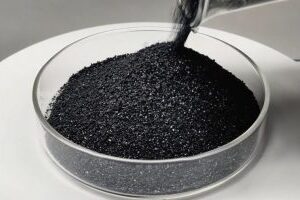What colors of glass are produced by chrome flour?
As a glass colorant, chrome flour mainly achieves the presentation of various colors through different valence states of chromium elements and process adjustments. The specific applications are as follows:
1. Green glass
Green and yellow-green
The Cr³⁺ ions in chrome flour absorb light of specific wavelengths and reflect the green spectrum, making the glass appear basic green or yellow-green.
Olive green and dark green tones
By adjusting the amount and particle size of chrome flour(such as 325 mesh, 400 mesh), more complex green tones such as dark olive green and dead leaf green can be made, which are often used in container glass such as beer bottles and red wine bottles.
Special green effect
High-purity chrome flour(such as 46% Cr₂O₃) can produce bright colors such as emerald green, emerald green, and ultraviolet green, which are suitable for decorative glass or optical filters.
2. Composite colors mixed with other colorants
Brown and coffee color
After mixing chrome flour with other mineral pigments (such as manganese and cobalt), brown and coffee glass can be prepared for special utensils or architectural glass.
Amber color
Combined with different formula processes, amber glass synthesized with chrome flour is mostly used for handicrafts and lamps.
3. Application restrictions
Chrome flour is mainly used for the coloring of container glass (such as bottles, lamps), and is generally not used in the field of flat glass. Its color stability and UV resistance make it the preferred colorant for food and beverage packaging glass.





















